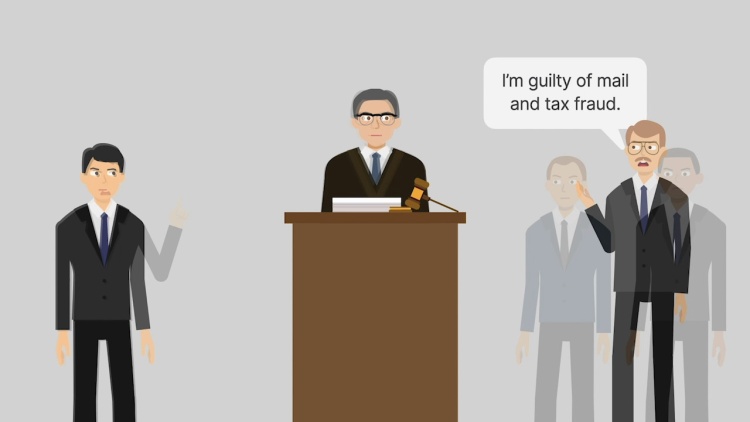McNally v. United States
United States Supreme Court
483 U.S. 350 (1987)

- Written by Carolyn Strutton, JD
Facts
Gray and McNally (defendants) were prominent members of the Democratic Party in the Commonwealth of Kentucky in the 1970s, and Gray was also a commonwealth-government official. Along with Howard Hunt, the state’s Democratic-Party chairman, Gray and McNally engaged in various schemes through which commissions paid by insurance companies for doing business with the commonwealth were funneled to entities controlled by Gray, McNally, and Hunt. These commissions were not drawn from the commonwealth’s money and would have been paid to some insurance agent regardless of Gray’s or Hunt’s involvement, but the men ensured that some of the commissions were directed to their own benefit. Large amounts of money went to the three men through these self-dealing patronage schemes. Hunt was charged and pleaded guilty to mail and tax fraud and was sentenced to three years in prison. Gray and McNally were eventually each tried for one count of conspiracy and one count of mail fraud. The mail-fraud charge was based upon a commission check from an insurance company that had been sent through the mail, and it alleged that Gray and McNally had devised a scheme to defraud the commonwealth and its citizens of the right to have government business conducted honestly. The conspiracy charge alleged that the men had conspired to violate the mail-fraud statute and defraud the United States by obstructing tax collection. Gray and McNally were convicted on both counts, and the court of appeals affirmed the convictions. The United States Supreme Court granted certiorari.
Rule of Law
Issue
Holding and Reasoning (White, J.)
Dissent (Stevens, J.)
What to do next…
Here's why 907,000 law students have relied on our case briefs:
- Written by law professors and practitioners, not other law students. 47,100 briefs, keyed to 996 casebooks. Top-notch customer support.
- The right amount of information, includes the facts, issues, rule of law, holding and reasoning, and any concurrences and dissents.
- Access in your classes, works on your mobile and tablet. Massive library of related video lessons and high quality multiple-choice questions.
- Easy to use, uniform format for every case brief. Written in plain English, not in legalese. Our briefs summarize and simplify; they don’t just repeat the court’s language.





